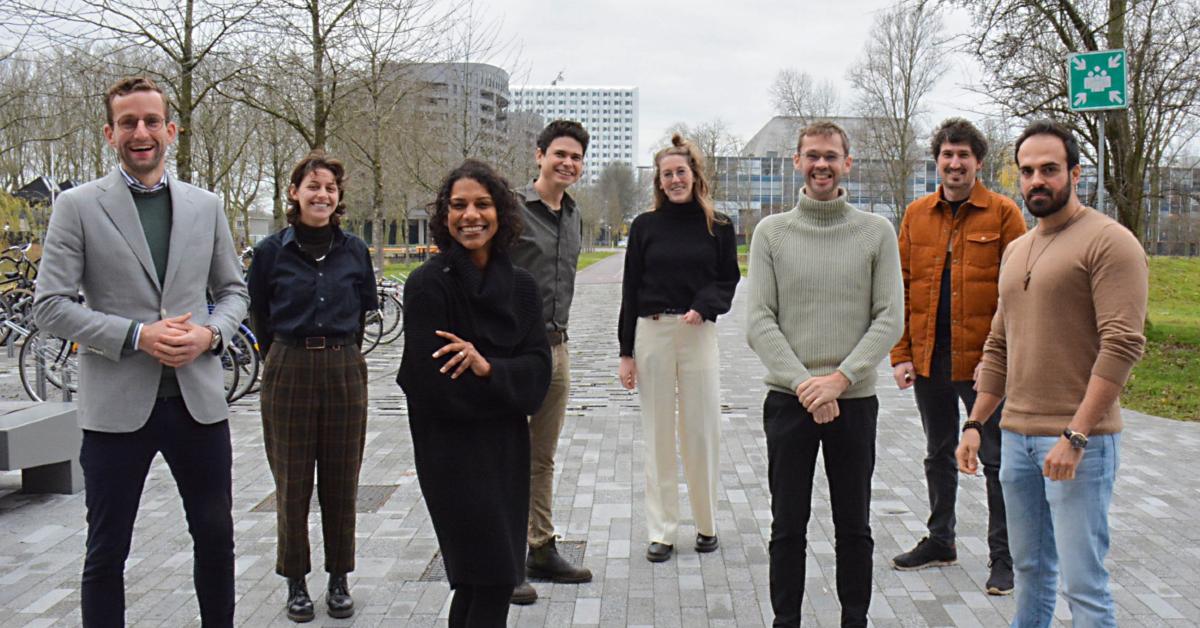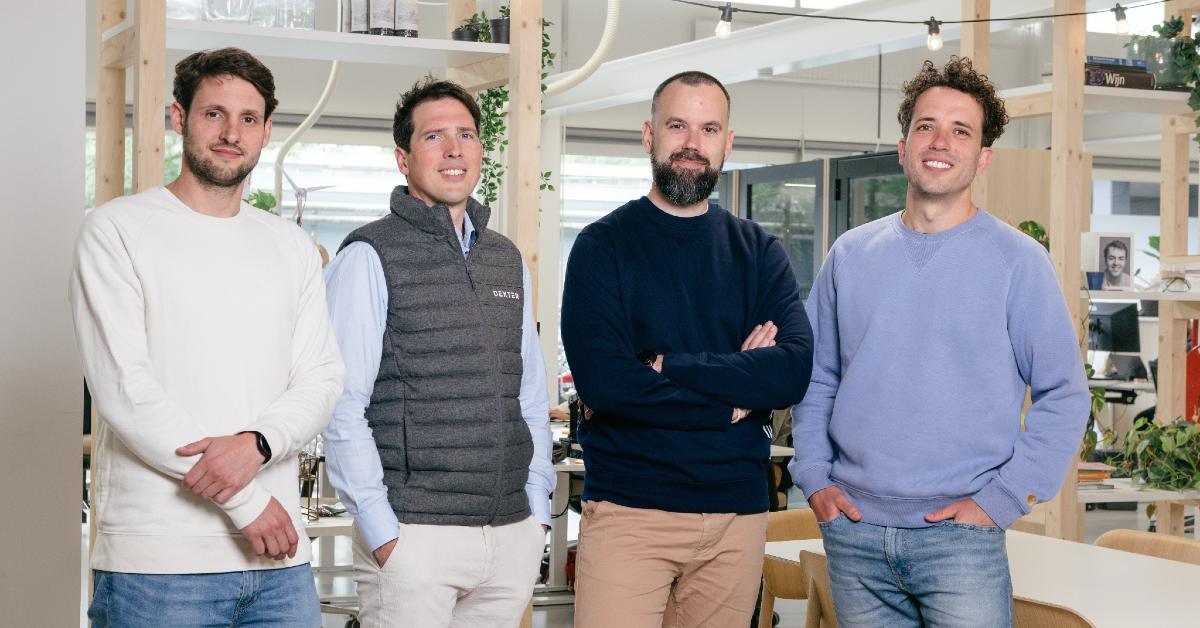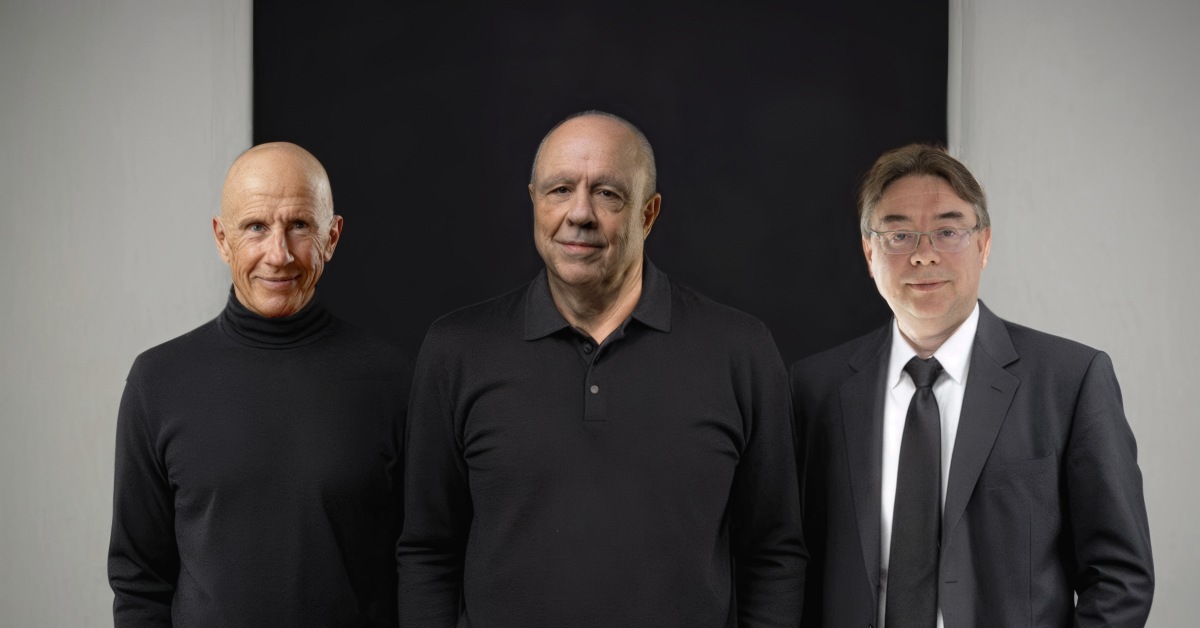Wakefield, England-based Aegis Energy, a company building a network of clean energy hubs across the UK, announced that it has secured £100M (approximately €118M) from Quinbrook Infrastructure Partners (Quinbrook).
Quinbrook Infrastructure Partners is a specialist investment manager focused exclusively on the infrastructure needed to drive the energy transition in the UK, US, and Australia.
Keith Gains, Managing Director and UK Regional Lead for Quinbrook says, “Targets under the UK’s Zero Emission Vehicle mandate highlight the existing gaps in the infrastructure needed to provide accessible clean energy to transport fleets. This presents significant opportunities for Aegis Energy to build market-leading refuelling hubs and we look forward to supporting its growth and expansion throughout the country.”
Fund utilisation
Aegis Energy will use the funds to construct its first clean, multi-energy recharging and refuelling facilities for commercial vehicles.
The network of hubs will serve all truck and van operators transitioning to cleaner fuels, including electric, HVO, hydrogen, and bio-CNG.
According to the company, an initial five-station network will be completed by the end of 2027, with stations planned in Sheffield, Immingham, Warrington, Corby, and Towcester.
Aegis Energy has secured sizeable grid connections in over 5 locations and will begin construction on the first of these stations in 2025, scheduled to open in early 2026.
Additionally, the company plans to create a broader network of up to 30 hubs by the end of the decade, becoming a leader in low-carbon infrastructure and e-mobility.
In addition to bookable high-speed electric charging, Aegis Energy designs its hubs to serve other low-carbon fuels, including HVO and AdBlue, hydrogen, and bio-CNG.
Each hub will have the capacity to charge/refuel approximately 40+ HGVs and 25+ vans simultaneously.
What does Aegis Energy solve?
Transport is the largest source of greenhouse gas emissions in the UK, accounting for 29 per cent, with commercial vehicles contributing 10 per cent of this total.
Regulations are tightening, with sales bans on non-zero emission vans and trucks planned for 2035 to 2040.
As consumers seek more sustainable products and services, transitioning to greener options has become a key priority for logistics operators.
Christopher Thorneycroft-Smith, Co-founder at Aegis Energy, says, “There is growing pressure from regulators and consumers for commercial vehicles to decarbonise, making it a necessity for winning new business and maintaining customer loyalty. Yet the lack of appropriate infrastructure is typically #1 or #2 on the list of barriers for fleet operators. Building depot infrastructure can be complex and grid connections are not easy, or cheap, to secure. Not only this, but long-haul operations require a top-up charge, and for van drivers, when at-home charging isn’t a practical solution, they lose time waiting to charge elsewhere.”
Aegis Energy: Building clean energy hubs
Led by Christopher Thorneycroft-Smith, Aegis Energy is building a network of clean energy hubs across the UK to help commercial vehicles to decarbonise.
These hubs provide public, multi-energy recharging and refuelling infrastructure to trucks and vans.
Aegis Energy is actively looking to partner with more fleet operators across the UK to help them navigate the transition.
Aegis Energy will deliver essential infrastructure that will enable more commercial vehicle fleets to decarbonise, with each hub expected to reduce carbon equivalent emissions by 14,300 tonnes per annum.
“Our hubs will typically have the capacity to charge/fuel 40+ HGVs and 25+ vans simultaneously. The transition will take time and play out differently for each fleet, but by providing public hubs with multiple clean energy charging and refuelling options, we’re supporting operators to choose how they want to make the transition. Quinbrook’s funding will help us ensure that critical energy infrastructure is reliably available where our customers need it, and support millions of vehicles to make a once-in-a-multi-generational change,” adds Thorneycroft-Smith.










01
From telecom veteran to Dutch Startup Visa success: The Jignesh Dave story